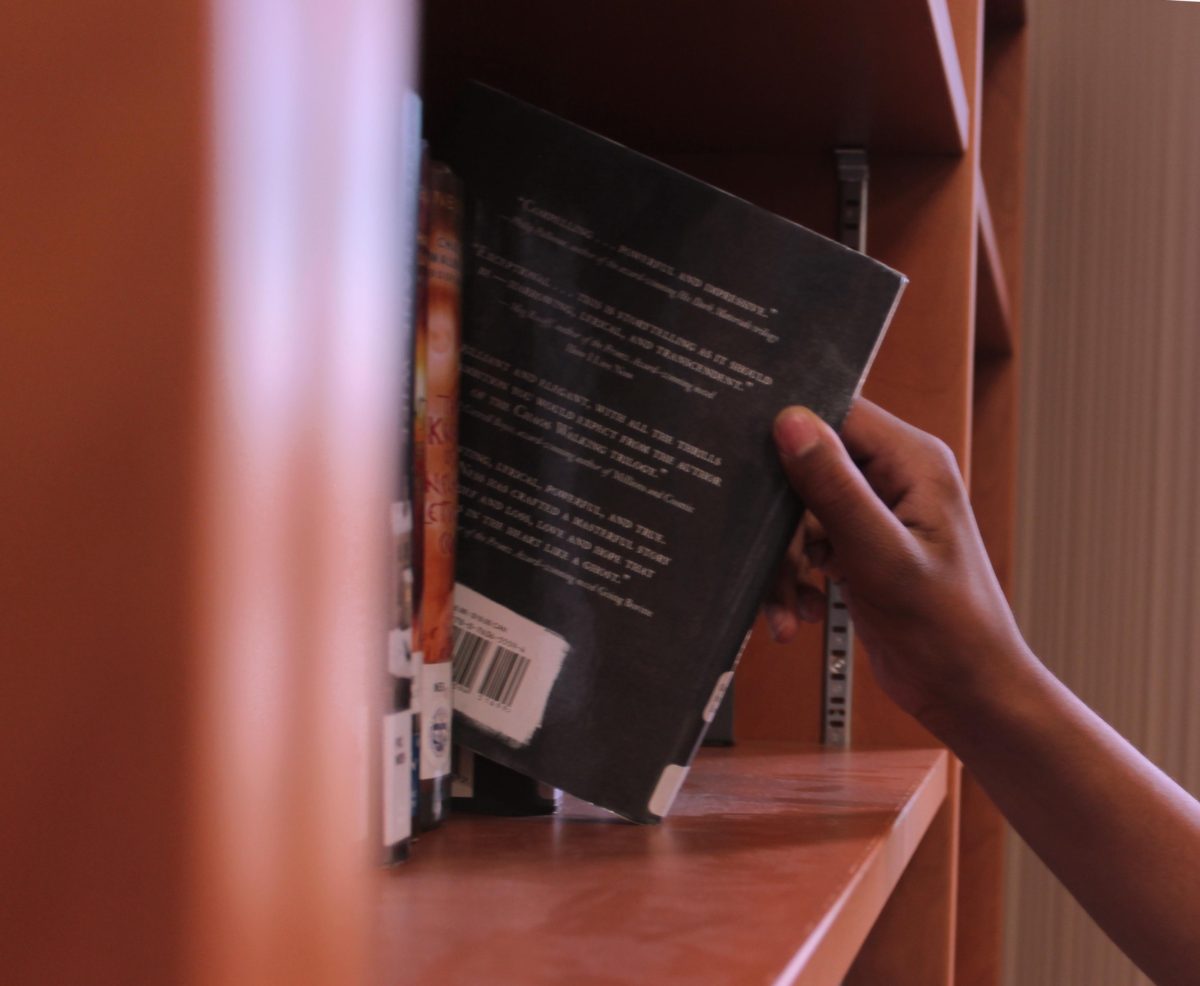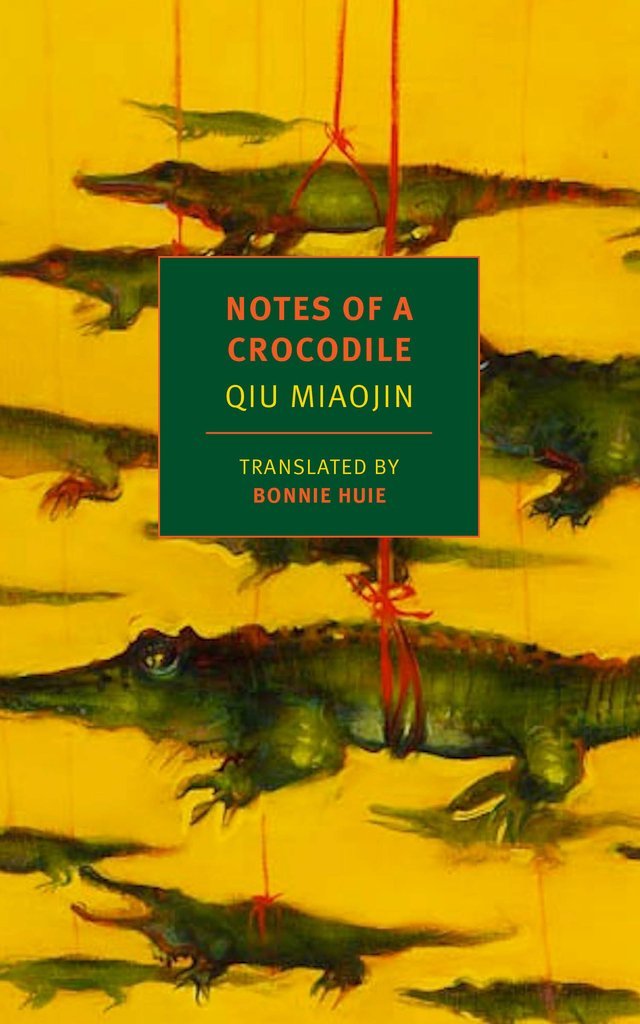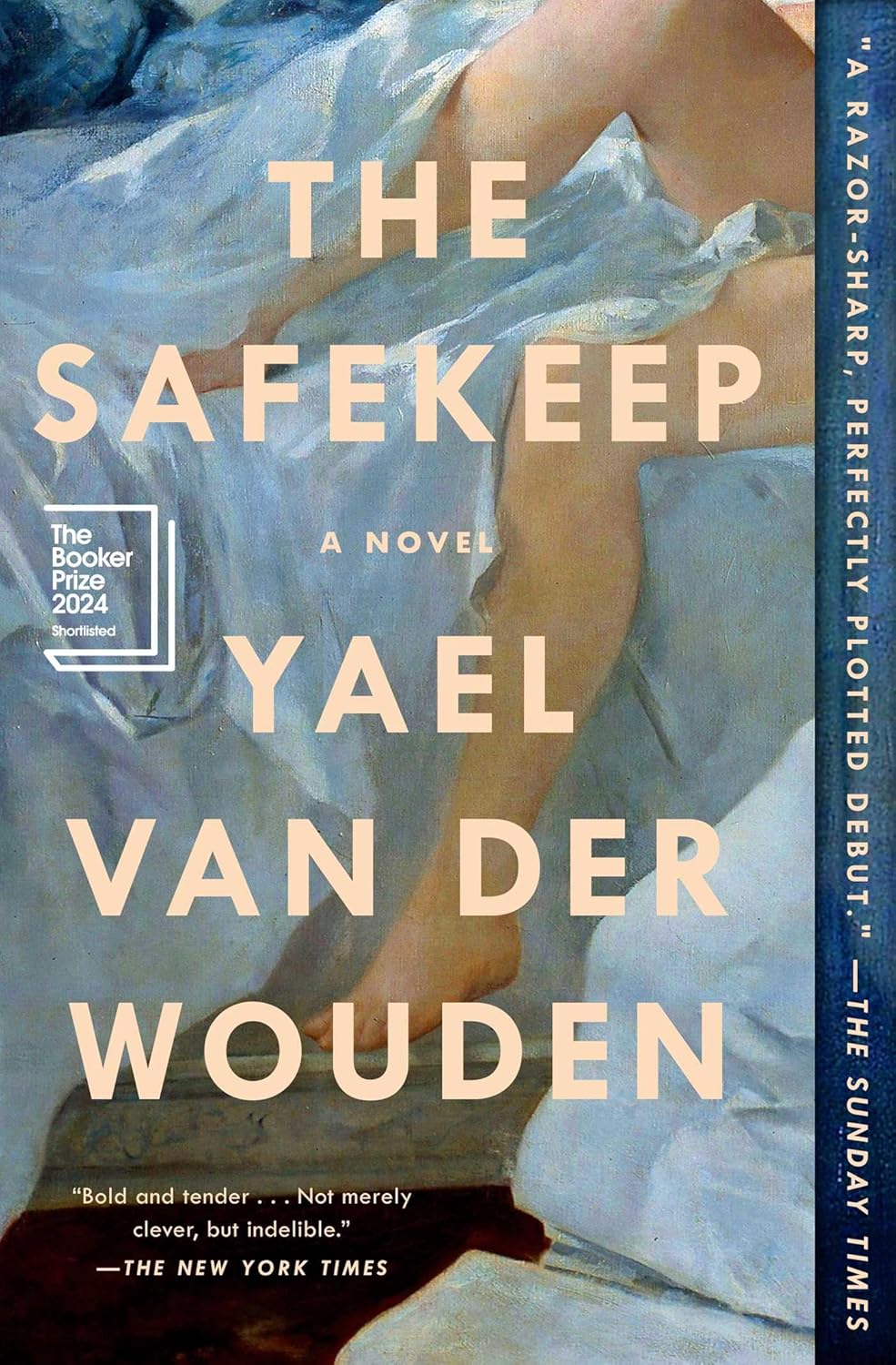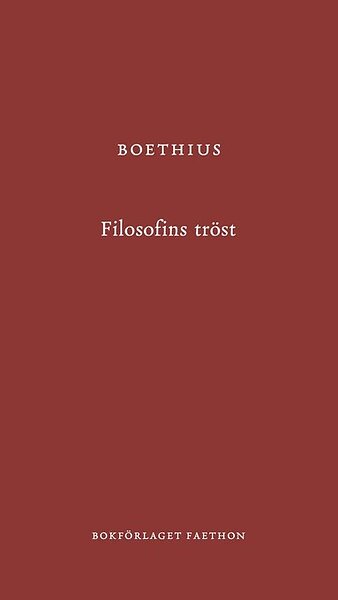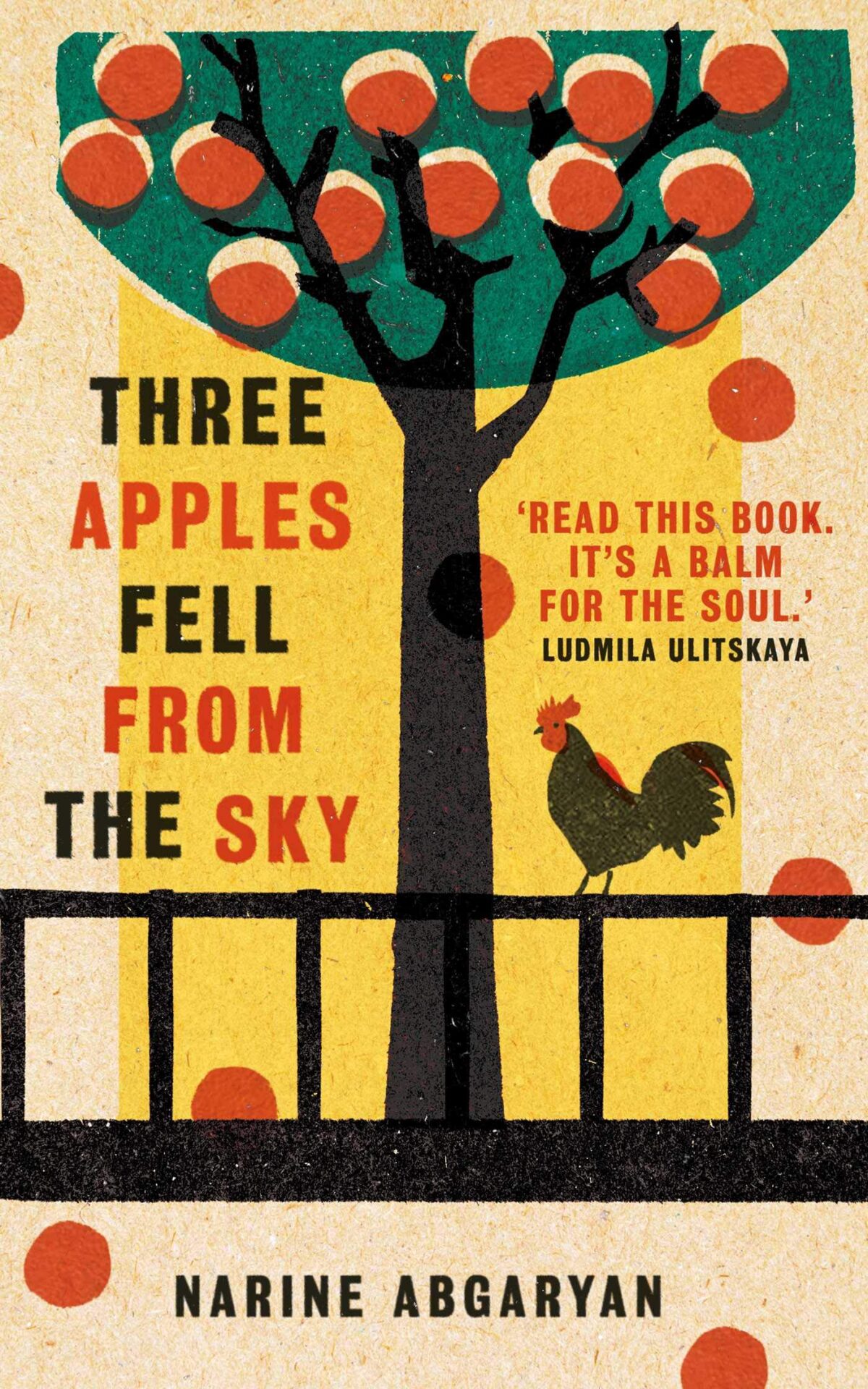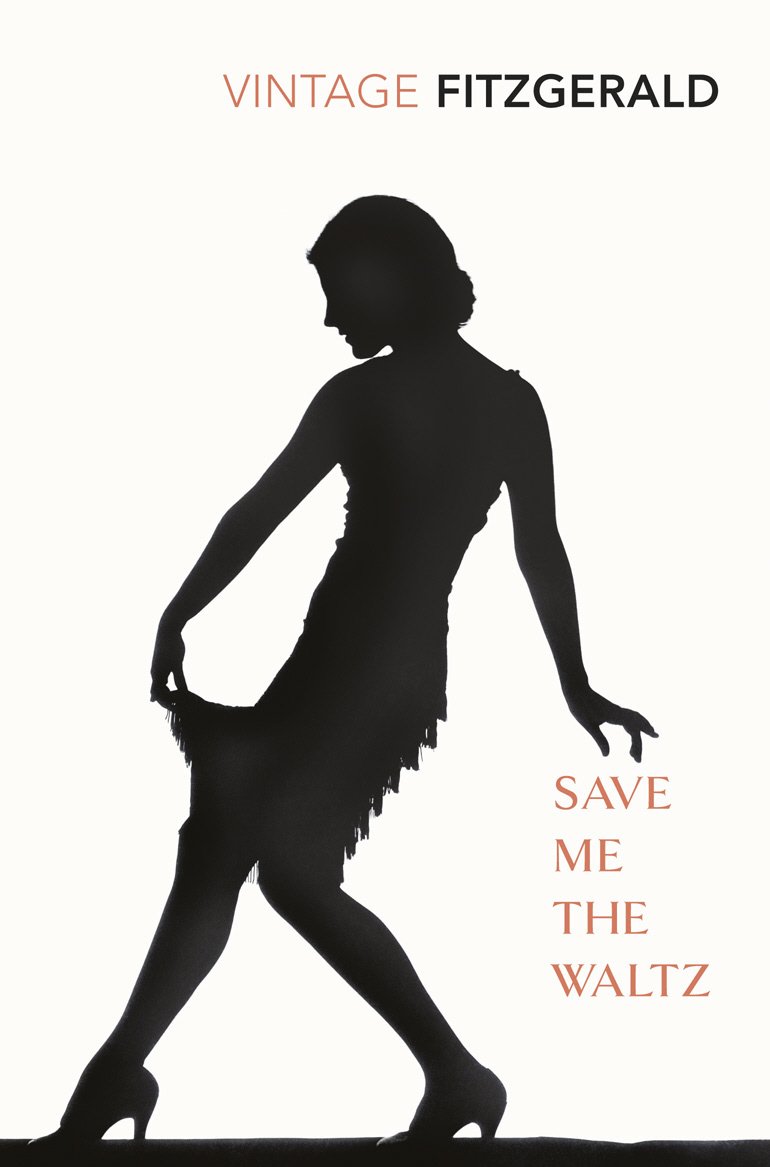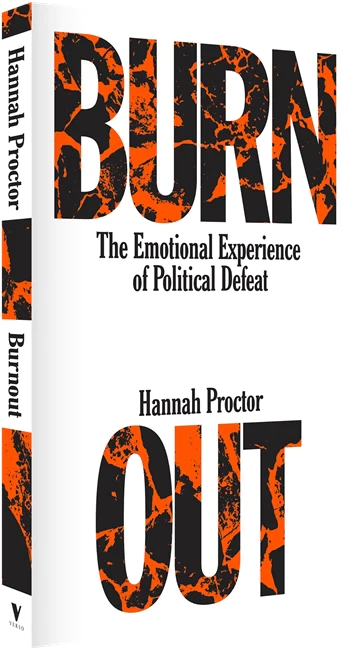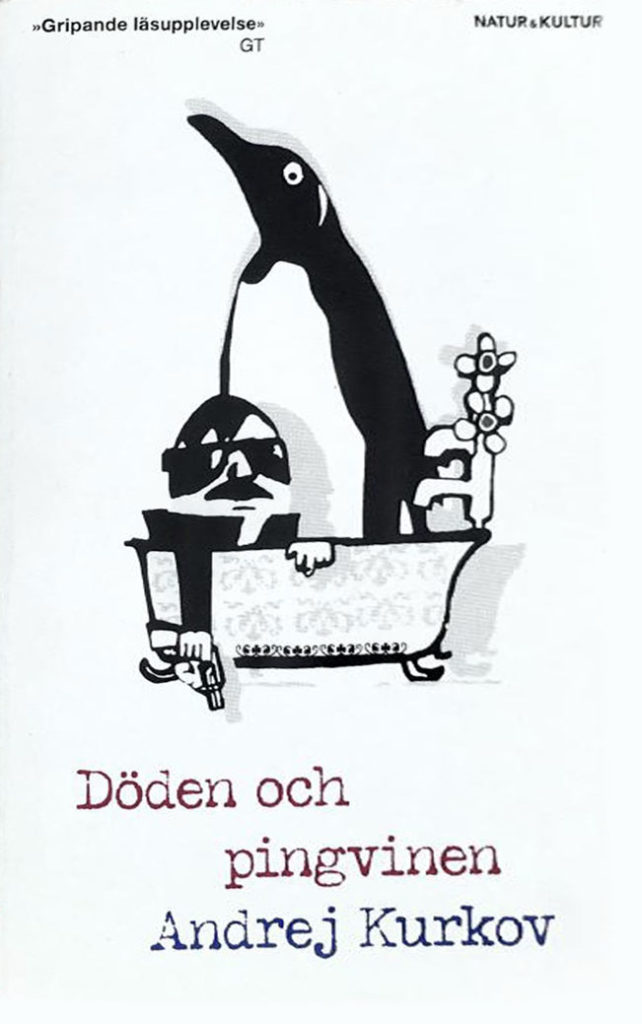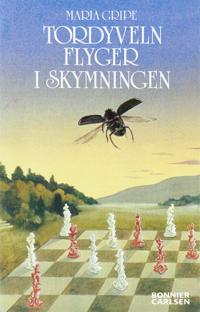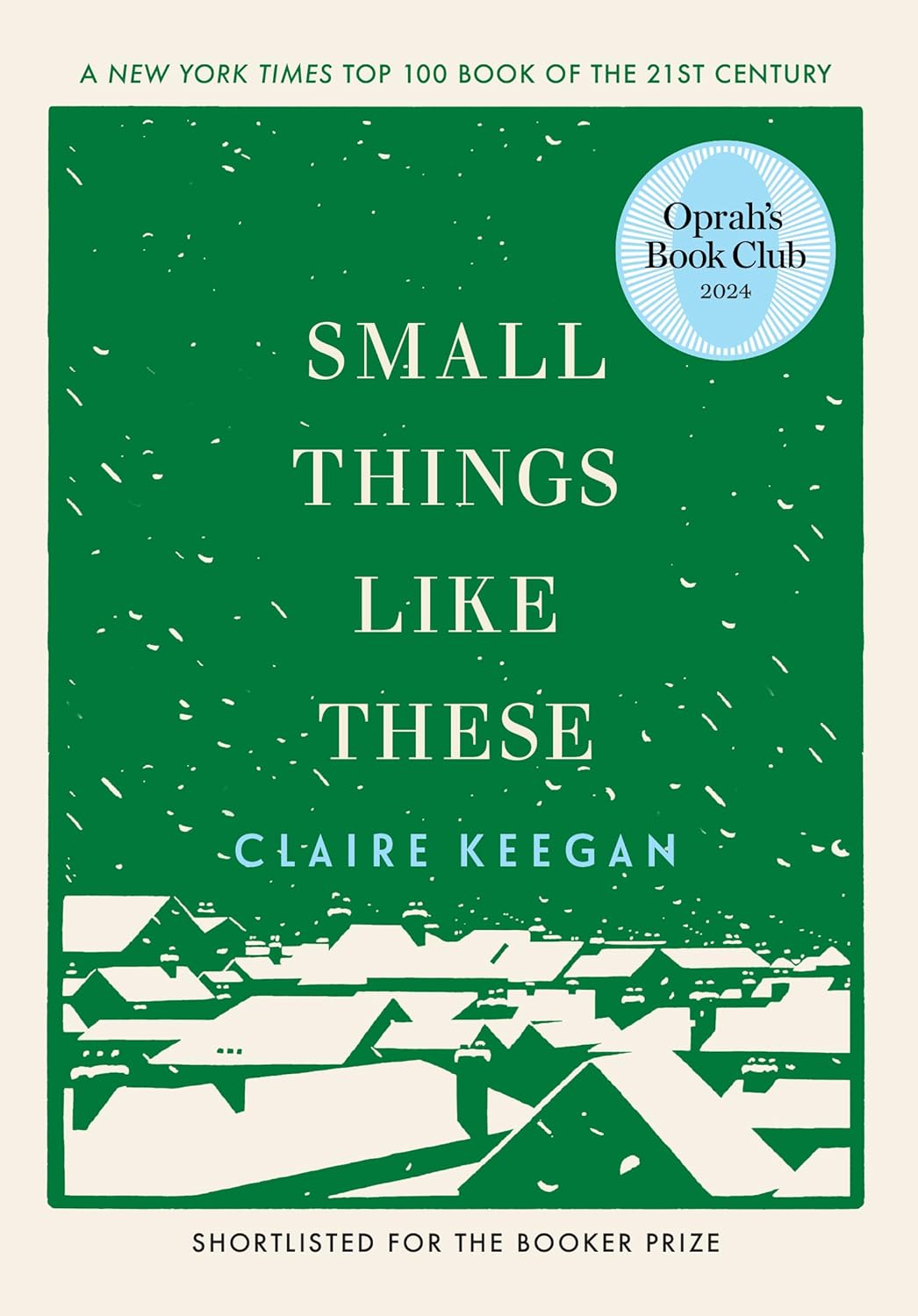At least 48 books:
I made to 51 thanks to a long-haul flight and two weeks of Christmas vacation. Success!
At least 4 are in French:
Trois femmes puissantes
En attendant la montée des eaux
Terre des hommes
Rien ou poser sa tete
Made it!
At least 25% are in Swedish:
By the skin of my teeth, due to a glut of English books over the holidays. Though, my total foreign language books (as in, Swedish and French combined) is close to 40%.
At least 12 are non-fiction:
Sister Outsider
The Shock Doctrine: The Rise of Disaster Capitalism
The Lies That Bind
Hemlös—med egna ord
How to Be an Anti-Capitalist in the 21st Century
Wind, Sand and Stars
The House of the Dead
Letters to a Young Poet
Conflict is Not Abuse
Journey to Russia
Artful Sentences: Syntax as Style
Burnout: The Emotional Experience of Political Defeat
Rien ou poser sa tete
Hellenistic Astrology: The Study of Fate and Fortune
Filosofins tröst
Fat Talk Nation: The Human Costs of America’s War on Fat
With Burnout, I hit my non-fiction goal by September. Hooray!
At least 10 have been in my library for over a year:*
Wind, Sand and Stars
The House of the Dead
Hellenistic Astrology: The Study of Fate and Fortune
Tordyveln flyger i skymningen
Even moving the goal posts back to 10 books, I failed this one by every possible measure. It was inevitable; I made such substantial progress on this in the last few years that I began to run out of books that I hadn’t already read but that still looked interesting. Even if I count ebooks, that only gets to five. We’ll see what 2026 brings.

At least 10 have come from my TBR (as of January 1, 2025):
The Idiot
An Unnecessary Woman
En attendant la montée des eaux**
Om det regnar i Ahvaz
Conflict is not Abuse***
Artful Sentences: Syntax as Style
Burnout: The Emotional Experience of Political Defeat
Hellenistic Astrology: The Study of Fate and Fortune
Tordyveln flyger i skymningen
Three Apples Fell From the Sky
Filosofins tröst
Fat Talk Nation
Dietland
Gabi, a Girl in Pieces
Årsboken
Success! Surpassed even an ambitious book-a-month goal of 12! But let’s not reflect on how many books I added to my TBR…
At least half are by women or enby authors:
Excluding anthologies with mixed genders, 22 books were by women and 20 were by men. On target.
At least 10% are by Black authors:
Trois femmes puissantes
Sister Outsider
En attendant la montée des eaux
The Lies That Bind
I never found a fifth book. Hopefully the coming issues of Karavan will have some good recommendations for me there.
At least 1 new-to-me country (as of January 1, 2025):
Lebanon (An Unnecessary Woman)
Iran (Den blinda ugglan)
Guadeloupe (En attendant la montée des eaux)***
Croatia (Journey to Russia)
Serbia (Encyclopedia of the Dead)
Ukraine (Döden och pingvinen)
Armenia (Three Apples Fell From the Sky)
Taiwan (Notes of a Crocodile)
Blew this one out of the water. Maybe it was too easy? It certainly helps to have an international WhatsApp book club.
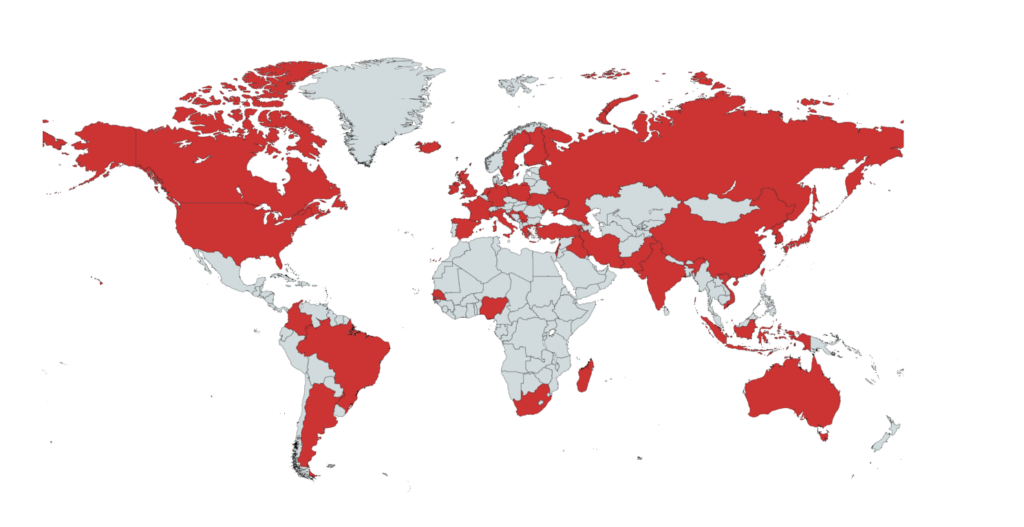
*I revised this one after I didn’t quite meet it last year. Is it shifting goalposts or is it adjusting targets to better correspond to reality? You decide!
**Technically I had added another Condé novel to my TBR instead of this one. Since I mostly just picked it at random to act as a Condé placeholder, I’m counting En attendant… as part of this goal fulfillment.
***As with Condé, I had another Sarah Schulman book on my TBR (Gentrification of the Mind). But Conflict is not Abuse left such a weird taste in my mouth that I feel confident taking Gentrification off the TBR. It also seems like Conflict rehashes, at least in passing, the main points she made in Gentrification.
****Guadeloupe is an overseas department and region of France, but it feels like it should count.

